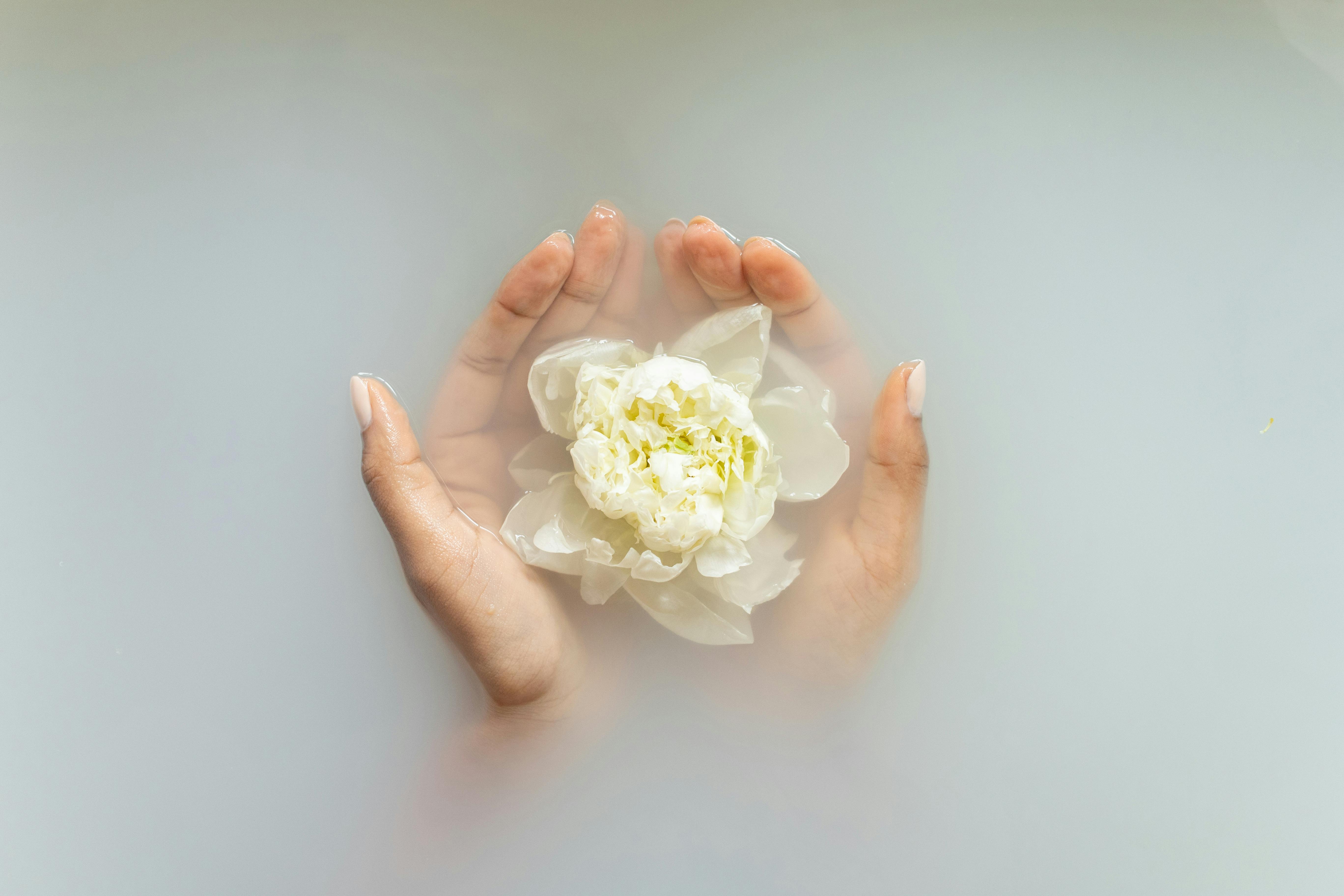When it comes to water, there are many different types. One of these types is distilled water, which is often confused with soft water. Although both are treated differently, they have some similarities that can cause confusion. This article will explain the differences between distilled and soft water so that you can make an informed decision about which type of water to use for your needs.Distilled water is water that has been heated to turn it into vapor, then cooled and condensed back into liquid form. This process is known as distillation and removes impurities, such as salts, minerals, metals, and other contaminants from the water. Distilled water is often used for drinking and in laboratories because it is considered to be pure.
What is Soft Water?
Soft water is a type of water that has a low mineral content, making it more desirable for home and industrial use. It is the opposite of hard water, which contains high levels of dissolved minerals such as calcium and magnesium. Soft water has many advantages over hard water, including improved taste, softer skin and hair, reduced scale buildup in pipes and appliances, and increased soap efficiency. It can also reduce the amount of soap needed for cleaning. Soft water is often preferred for drinking, cooking, laundry and bathing due to its improved feel. It can also be used in industrial applications such as manufacturing processes that require high purity water.
Soft water can be created naturally or chemically treated to remove minerals from hard water. Natural softening occurs when rainwater passes through soil containing clay particles or limestone on its way to underground aquifers or rivers. This process removes calcium and magnesium ions from the water, resulting in naturally soft water. Chemical softening involves passing hard water through an ion-exchange unit containing a bed of resin beads that exchange sodium ions for calcium and magnesium ions in the water. The result is a softening process that leaves only sodium ions
Distilled Water and Soft Water
Distilled water and soft water are two types of water commonly used for drinking and other purposes. Distilled water is created by boiling water and then collecting the steam, which is then condensed back into liquid form. The process removes minerals, chemicals, and other contaminants from the water, leaving it pure and free of any substances that may be harmful to humans or animals. Soft water, on the other hand, is created by passing regular tap or well water through a mechanical filter that removes minerals like calcium and magnesium. This makes it softer than regular tap water but not as pure as distilled water.
When it comes to drinking, distilled water is considered to be the purest form of drinking water available since it has had all impurities removed. It is also great for use in medical applications since it does not contain any harmful contaminants. Soft water, however, is better for everyday use since it contains some minerals that are beneficial for human health such as calcium and magnesium. It also tastes better than distilled water due to its mineral content.
In terms of cleaning applications, both types of waters can be used but soft water has
Does Distilled Water Have Minerals?
Distilled water does not have minerals because the process of distillation removes them. During the distillation process, water is boiled and then condensed back into liquid form. When the water is boiled, the impurities and minerals are left behind. This leaves behind a pure form of water, free of any minerals or contaminants. The lack of minerals can make distilled water taste flat or bland compared to other types of water.
Some people believe that drinking distilled water is not healthy because it lacks essential minerals like calcium and magnesium. However, these minerals are readily available in food sources, so it is not necessary to drink mineral-rich water for health benefits. Furthermore, some people may prefer to drink distilled water due to its lack of contaminants such as chlorine or other chemicals that can be found in tap water.
In addition to being free of contaminants and minerals, distilled water is also free of bacteria and microorganisms that can be found in tap or well water. For this reason, it is often used in medical settings for cleaning wounds or other procedures where sterile conditions are needed. Distilled water can also be used for other household tasks such as
Does Soft Water Have Minerals?
Soft water does contain minerals, although in much smaller quantities than hard water. The minerals found in soft water are typically calcium, magnesium, and potassium, as well as small amounts of sodium and chloride. These minerals are typically present in much higher concentrations in hard water.
Soft water is not completely free of minerals – it contains trace amounts that can be beneficial for health. These minerals help to balance the pH level of the water and can provide essential nutrients for the body.
The difference between soft and hard water lies in the type of ions that are present in each type of water. Hard water contains high levels of calcium and magnesium ions, while soft water generally has low levels of these two ions. As a result, soft water is less likely to form scale on pipes or leave behind an unpleasant taste or odor.
Soft water is often preferred over hard water for use in households because it is less likely to cause damage to plumbing systems or leave deposits on surfaces such as sinks, tubs, and toilets. Additionally, soft water is also preferred for drinking purposes due to its lack of unpleasant taste or odor.
Overall

Benefits of Drinking Distilled Water
Drinking distilled water has numerous health benefits. It is one of the purest forms of water available, and it can be beneficial for people with certain medical conditions or those who simply want to improve their overall health. Distilled water is created by boiling regular tap water, and then condensing the steam back into a liquid form. This process removes any impurities that may be in the water. Here are some of the benefits of drinking distilled water:
First, distilled water is free from contaminants such as heavy metals, bacteria, and other pollutants that can be found in regular tap water. It also does not contain chlorine or other chemicals that are often added to municipal water supplies for disinfection purposes. As a result, it is much safer to drink than ordinary tap water.
Second, drinking distilled water can help flush out toxins from your body. The process of distillation removes any impurities that may be present in the original source of the water, such as minerals or chemicals. This means that when you drink distilled water, it helps to eliminate any harmful substances from your body
Benefits of Drinking Soft Water
Soft water has numerous health benefits, making it an ideal choice for those looking to improve their health and wellness. The minerals found in soft water are vital for the body, and they help to regulate the body’s pH level and promote a healthy balance. Soft water also helps to reduce hard water buildup in your pipes and appliances, which can cause clogs and other problems over time. Additionally, soft water can help reduce the amount of soap scum that builds up on surfaces due to its lack of minerals.
One of the main benefits of drinking soft water is that it is much easier for your body to process than hard water. Hard water contains a variety of minerals that can be difficult for your body to digest, while soft water does not contain these minerals and is less likely to cause digestive distress. In addition, drinking soft water may help reduce your risk of developing kidney stones or other urinary tract problems due to its lack of calcium or magnesium ions.
Soft water also helps improve the taste of food and beverages. Because it has fewer impurities than hard water, it has a fresher taste that many people
Is Distilled Water Safe to Drink?
Distilled water is a type of purified water that has been processed through a distillation process. This process removes most contaminants, including bacteria, minerals, and other impurities from the water. As a result, distilled water is often considered to be one of the purest forms of drinking water available. While it may not have the same levels of minerals and other beneficial compounds found in other types of drinking water, it is still generally safe to consume.
The main advantage of distilled water is that it is free from most contaminants, making it an ideal choice for those who are concerned about their health or who have sensitive digestive systems. Additionally, since it lacks any sort of flavor or odor, it can be used in recipes that require clean-tasting water without imparting any off-flavors. It can also be used to make coffee and tea that are free from chemical additives or flavors.
Although distilled water is generally safe to drink, some people may experience digestive issues when consuming large amounts of this type of water on a regular basis. This is because the distillation process removes essential minerals and other beneficial compounds that are

Conclusion
Distilled water and soft water are two different types of water with several notable differences. Distilled water is created through a process of boiling and condensation, which removes minerals, salts, and other impurities from the water. Soft water is softened through a process of ion exchange which removes hardness from the water to make it gentler on skin and laundry.
Both distilled and soft waters have their advantages and disadvantages depending on what you are using them for. Distilled waters are often preferred for drinking because it is free from chemicals, minerals, and other impurities that can be found in some drinking waters. Soft waters are preferred for household use because it is gentler on surfaces such as skin and clothing.
Ultimately, the choice between distilled or soft water is up to you. Consider your needs before deciding which type of water to use in your home or for your drinking purposes.

